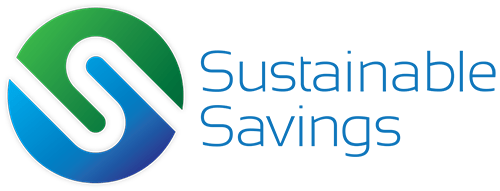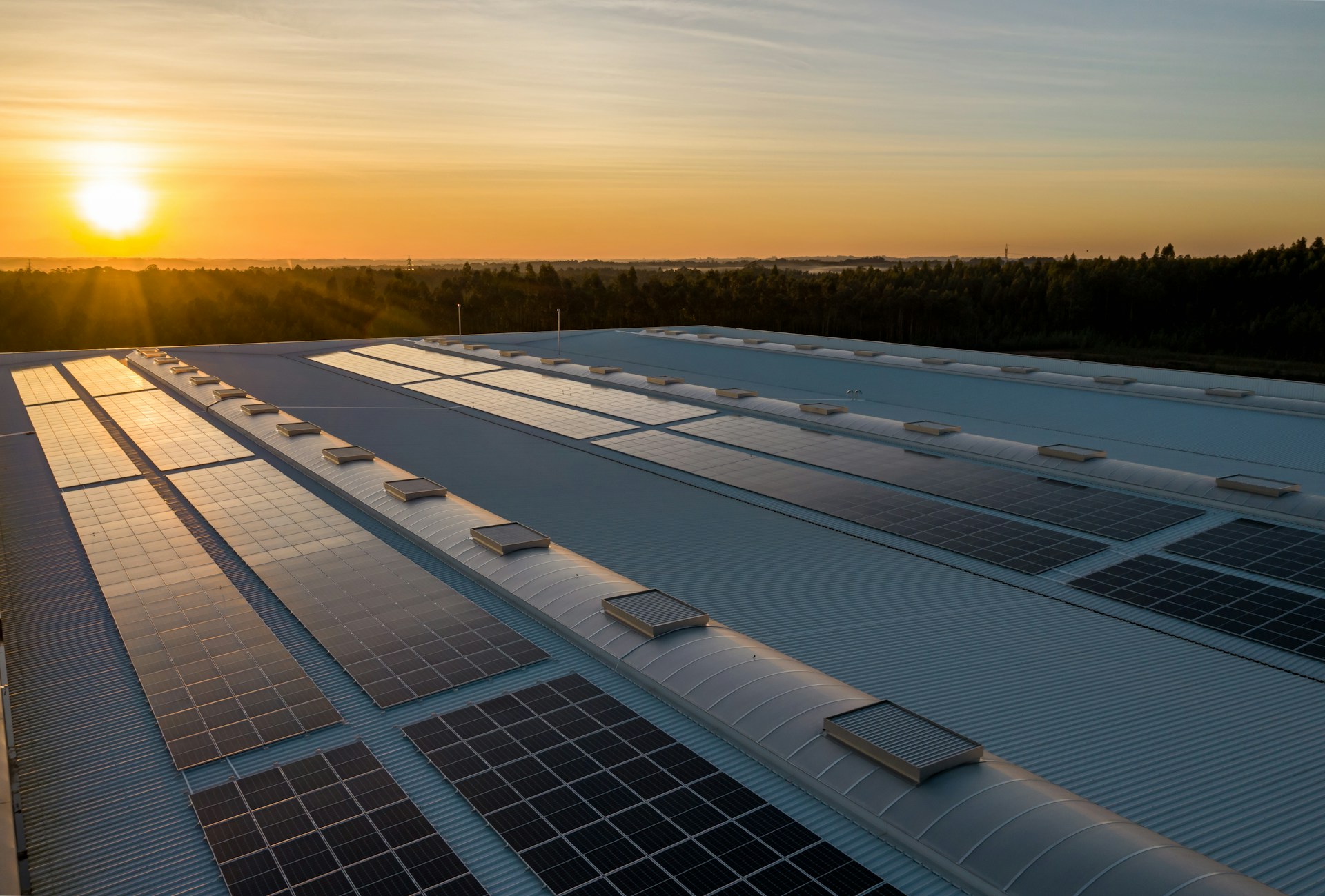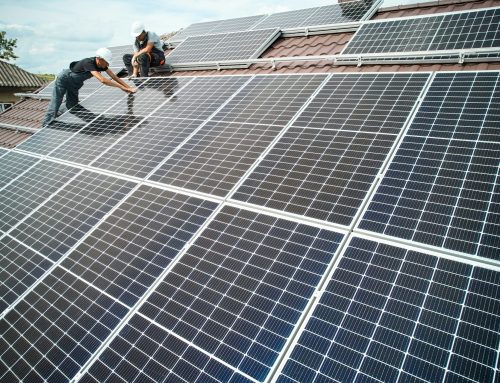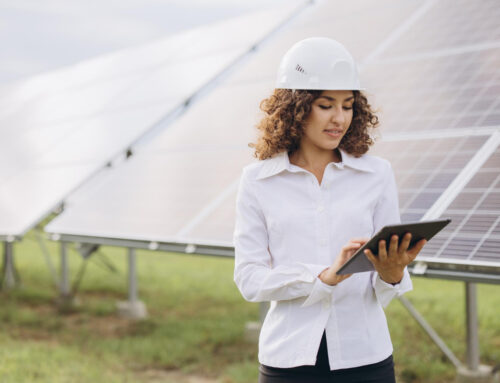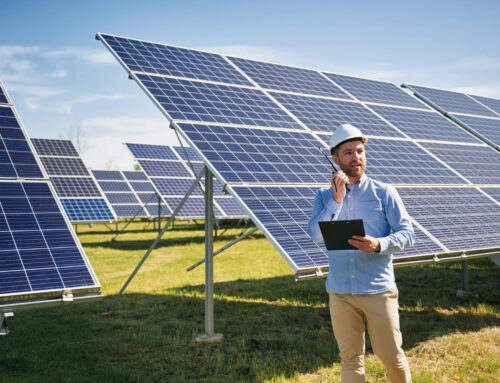Solar panels have become an integral part of energy efficiency strategies for businesses. But not all solar panels are created equal. Their quality and testing can make a significant difference in performance, especially in challenging weather. Imagine investing in solar panels for your business, only to find that they can’t withstand severe weather. It’s like buying a sturdy-looking umbrella that collapses with just a gust of wind. Understanding the quality of solar panel testing is important when making informed decisions, particularly in places where weather conditions can be unpredictable.
One weather-related problem catching growing attention is damage caused by hailstones. These ice chunks, sometimes big enough to cause actual damage, can threaten the overall performance of a solar installation. Just as you wouldn’t leave your car out in a hailstorm without protection, your solar panels need similar safeguards. Making sure your panels have proper hailstone certification is key to protecting your investment and ensuring their long-term value.
Understanding Hailstone Certification for Solar Panels
Hailstone certification refers to verified testing that shows how well a solar panel can withstand hail impact. When a panel displays this certification on its data sheet, it means the module has been tried and tested to resist damage from hailstones of a certain size and speed. Think of it as an assurance label that gives business owners confidence their panels won’t crack under pressure—literally.
These certifications are not just marketing claims. Panels undergo laboratory simulations using ice balls of varying diameters, often fired at precise speeds to determine how much abuse the glass and cell structure can take without failing. Common certifications test for impact against hailstones sized up to 25mm, striking at speeds around 23 metres per second. Panels that fail these standards are likely to be less reliable in real-world conditions.
Some manufacturers choose not to pursue these certifications, either due to cost or because their panels don’t meet the requirements. On the other hand, a few panels go beyond the minimum, proving their value where hail is a frequent concern. For Australian businesses located in hail-prone regions, finding panels with this specific certification is well worth the effort.
The Hailstone Durability of Different Solar Panels
Not all solar panels are up to the job of withstanding hail. In fact, recent surveys such as Energy Buster’s analysis have shown that quite a few mainstream options lack proper hail certification. While many businesses assume all panels must be tested for hail, the reality is different. Only select models are tested and certified, and very few conventional panels make the cut even for 25mm hail impact at speeds of 23 metres per second.
REC is one brand that stands out among conventional options, capable of withstanding hailstones up to 35mm in diameter. This already sets a high standard. But SunPower goes further again, earning certification for impact resistance up to 40mm in diameter with speeds reaching 27.5 metres per second—clearly setting them apart from most other panels currently on the market.
These differences matter. Choosing panels without appropriate certification could mean higher chances of system failure when a storm hits. Panels with stronger hail resistance reduce breakage risk, protect your energy production and help maintain operational uptime when it matters most.
Why Hailstone Certification Matters for Businesses
For commercial sites, solar systems represent a long-term investment. From installing rooftop arrays to connecting them to business operations, any interruption can result in additional costs and losses. Hailstorms don’t happen often but when they do, they can cause significant wear or outright destruction if the panels are not built for those conditions.
Sudden impacts from large hailstones can lead to fractured modules, broken glass and reduced output. If your panels aren’t certified to handle these events, you’re likely looking at unexpected repair costs or full replacements. These consequences can reduce your return on investment and affect how sustainable the energy solution actually turns out to be.
Insurance providers are becoming more aware of this problem too. In areas with increasing hail activity, insurers are putting greater pressure on clients to install certified systems. This could affect your policy premiums or even limit claim approvals. Choosing certified panels helps reduce this uncertainty and gives you greater confidence in both your equipment and insurance standing.
Resilience translates into more than durability. Systems that keep performing despite adverse conditions are better for long-term planning, easier to insure, and offer more consistent financial returns. For any business focusing on operational reliability and sustainability, hailstone certification adds another layer of protection to the plan.
The Benefits of Choosing SunPower Panels
SunPower panels offer a higher level of weather protection than most other commercial options on the Australian market, driven by their certification to withstand harmful impacts up to 40mm hailstones travelling at high speeds. That’s more than just strong—it’s safety you can trust under real stress.
These panels are engineered with attention to detail to withstand not only icy impacts but also wind pressure and heat shifts, all factors that usually test the limits of other systems. This type of design doesn’t just boost reliability but minimises maintenance disruptions too, which is incredibly valuable to high-use commercial operations.
Beyond durability, SunPower systems provide long-term savings, high efficiency, and reliable output even years after installation. Their performance resilience means you don’t just delay panel failure—you avoid it. That’s less risk, increased output, and a better balance sheet over time.
As the only South Australian SunPower Elite Partner, Sustainable Savings is committed to offering only the most proven systems to clients. Choosing panels with this kind of build quality puts you in a stronger position to control energy costs, reduce carbon output and avoid expensive surprises from storm damage.
Protecting Your Investment with Sustainable Solar Solutions
Making smart solar choices isn’t just about power output. For businesses, especially those installing rooftop PVs at scale, it’s about long-term security. Hail-certified panels give you that confidence—helping you avoid costly surprises and protect your project from unpredictable weather risks.
Working with specialists like Sustainable Savings means you can access panels that exceed industry testing standards. We help you avoid low-grade systems that don’t meet proper certification and instead focus on panels built to handle the real conditions found across South Australia and beyond.
Choosing a smarter solar system doesn’t just help protect your roof. It speaks to the values of your business—choosing quality, testing for resilience, and thinking long-term. If you’re investing in solar, it makes sense to do it once and do it well. And that starts by making sure your panels are ready for whatever the sky might throw at them.
When you’re investing in solar for your business, it’s important to choose systems that are built to last and perform under pressure. At Sustainable Savings, we help you find long-term solutions that match the demands of commercial sites. Explore the advantages of a trusted commercial photovoltaic system designed to deliver reliability, durability, and high performance even in challenging conditions. Get in touch with our team to discuss your energy goals and discover the right setup for your operations.
